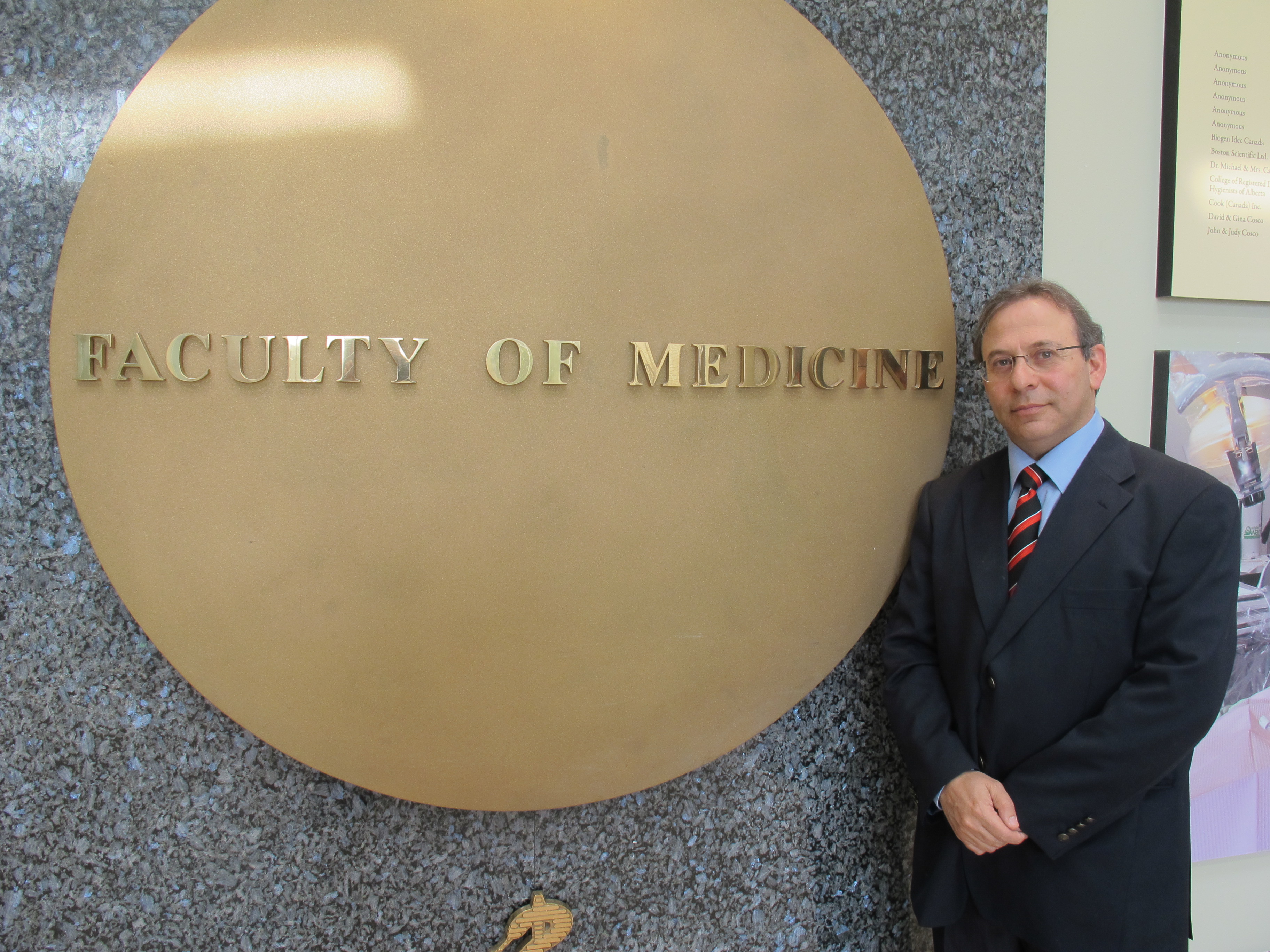
An anti-hypertension drug administered intravenously for a single, four-hour treatment resulted in dramatic improvements of symptoms for people living with schizophrenia, demonstrates newly published findings from clinician scientists at the University of Alberta's medical school and their colleagues in Brazil.
The results from the small clinical trial were published in the peer-reviewed journal, JAMA Psychiatry, Wednesday. The study involved 20 people with schizophrenia, taking currently available anti-psychotic drugs, with 10 who received placebo treatments, and the other 10 who received low doses of the anti-hypertension drug sodium nitroprusside. Those taking the drug, which has been around since the 1800s, experienced dramatic improvements in symptoms - such as fewer hallucinations, and less anxiety, depression and withdrawal. These improvements lasted for a month. The small study was conducted at a university teaching hospital in Brazil, where principal investigator James Hallak works. The other principal investigator is Serdar Dursun, a researcher with the Faculty of Medicine & Dentistry who works in the Department of Psychiatry at the U of A.
In previous research studies in which Dursun was involved, his team saw promising results in preclinical lab models given this drug, which was originally marketed for treatment of severe hypertension. He was curious if similar results would occur in people and teamed up with a colleague from Brazil.
"This opens a new line of research for the treatment of schizophrenia," says Dursun. "Such rapid improvement of symptoms of schizophrenia could be very important to help patients in acute care and emergency settings."
Research team members believe the drug modifies how two chemical messengers in the brain interact.
Dursun and his colleagues are continuing their research in this area. They hope to secure more funding to conduct larger scale clinical trials.